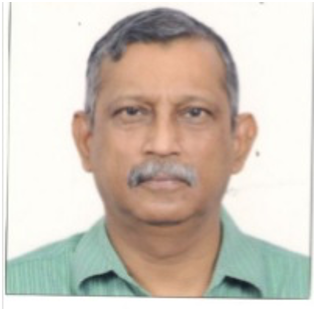A good administrator needs to have excellent “domain knowledge” about his hospital, familiarity with a plethora of technical terms, and must constantly update her knowledge to keep pace with the rapidly changing new technologies. Modern tertiary care hospitals purchase & utilize extremely sophisticated and expensive equipment, which requires domain knowledge about the different super-specialties. They also need to employ Consultants with multiple degrees and years of experience and training. A hospital administrator needs to be familiar with the equipment, the different types of specialists and super-specialists, and the complex interactions between them.
This set of lectures with copious illustrations will teach you how to navigate these difficult waters. You can always interact with me via the platforms provided by MLH.
|
Module
|
Topic
|
|
1
|
Concept of Super-splty & Super-Specialty hospitals
|
|
2
|
Cardiology, CVTS, Neurology
|
|
3
|
Neurosurgery including video on Glasgow Coma Scale
|
|
4
|
Nephrology & Urology (incl Renal transplants)
|
|
5
|
Pulmonology, Critical care & Medical Oncology
|
|
6
|
Surgical Onco & Radiation Oncology, Gastro-enterology (Medical & Surgical)
|
|
7
|
Interventional Radiology, Endocrinology, Bariatric Surgery
|
|
8
|
Clinical Hematology, Bone Marrow Transplant, Plastic Surgery, Vascualr Surgery
|
|
9
|
Orthopedics, Joint Replacement, Vitreo-Retinal Surgery
|
|
10
|
Nuclear Med, Organogram of a Tertiary care Hosp, Revenue & Budgets
|
|
11
|
Neonatology & Pediatric Super-specialties
|
After the completion of each module there are MCQs (mandatory) with the time limit of 6 min for each set.
We wish you all a great learning experience.



